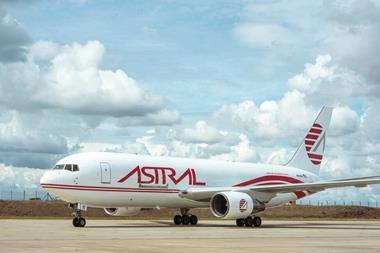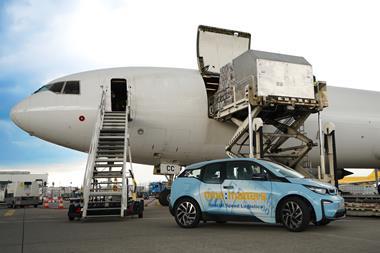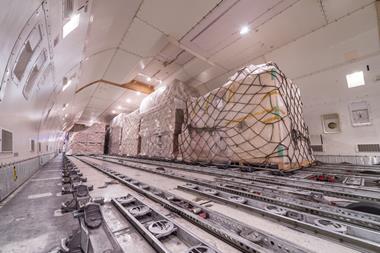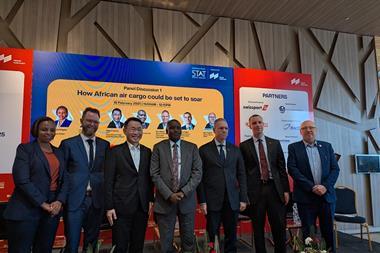Propelling the global transition to zero emission transport is set to be a key focus at the UN Climate Change Conference (COP26), which is being held this month (November 2021) in Glasgow.
While the aviation industry is already making huge strides to decarbonise its operations – through measures such as increased development and adoption of sustainable aviation fuels (SAFs) – a lot more needs to be done, and the COP26 community will likely call on aviation to drive forward its zero emission programmes to help protect our planet.
Under current UN timelines, at least 10% of fuel used in global aviation should be sustainable by 2030; SAFs can be made from a variety of feedstocks, from sources including municipal waste, cooking oil, and waste gases.
In September 2021, the University of Sheffield announced its plans to build a centre that will lead research, innovation and commercial testing of SAFs.
It will be the first of its kind in Europe with the facilities to test, validate and certify new types of these fuels, and will help producers to bring their products to market as quickly as possible to help with the industry’s decarbonisation efforts.
This represents a huge step forward for aviation and Logistics UK is looking forward to seeing the output from the centre.
While progress is being made towards the 2030 SAF deadline, aircraft and fuel manufacturers Rolls-Royce, Shell and Airbus said publicly last month that the current transition to green jet fuels is too slow, believing the industry must achieve its targets before 2030.
Rolls-Royce intends to transition all of its Trent engines – which power around 40% of the world's long-haul aircraft reportedly – to sustainable fuel by 2023.
While it is positive to see such leadership from aviation giants, the additional costs of using sustainable fuel over traditional fuel remains an obstacle for airlines, and we hope to see prices fall as technologies advance to enable much greater adoption.
COP26 provides an exciting opportunity for aviation to challenge itself and push forward with its decarbonisation programmes.
However, the path to net zero emissions will be challenging and complex, and require significant government support; Logistics UK will be here to help the industry in its efforts as we work together to reach net zero.
Earlier this year, Logistics UK launched its Route to Net Zero commitment, where it is asking its members to commit to decarbonising their operations as quickly, effectively and as urgently as possible to help the UK achieve carbon neutrality by Net Zero by 2050.
For more information on how to get involved, please visit logistics.org.uk/environment/netzero















